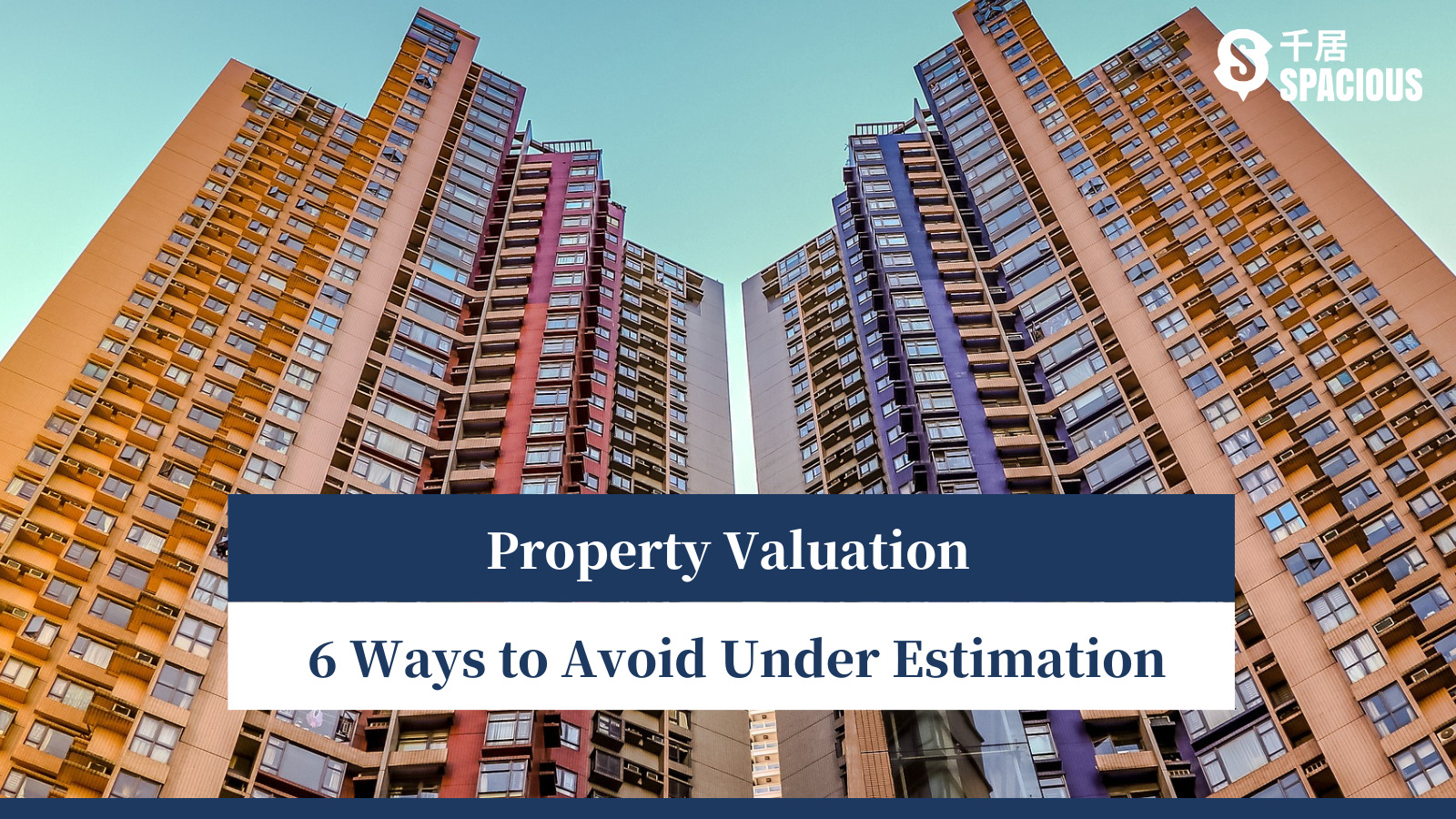
Land use planning is an important part of Hong Kong’s development blueprint. In recent years, there have been numerous discussions surrounding this topic. With limited land and a dense population, careful planning is necessary to ensure optimal utilization of land, meeting the diverse development needs.
It is important to understand the urban planning that shapes our lives. This includes understanding the criteria for allocating current land resources, categories of land and the resulting impact on society.
In the following sections, Spacious will introduce everything you need to know about Hong Kong’s land use.
Jump to: Urban Planning | Land Use Categories | Land Controversy | Land Rezoning Impact | FAQ
Urban Planning
The government has established three statutory zoning plans to achieve different regulatory purposes and provide different development spaces.
Outline Zoning Plans
Every planning zone in Hong Kong has its own outline zoning plan, which covers the majority of developed land, excluding border areas and remote parts of the New Territories and outlying islands.
These plans primarily classify areas for residential, commercial, industrial, recreational, governmental, institutional or community use, green zones, nature conservation areas, comprehensive development areas, rural-style development, open storage, or other designated purposes.
Each Outline Zoning Plan includes annotations specifying the permitted land uses and those requiring permission from the Town Planning Board. Explanatory notes outline the planning intentions and objectives for different land categories.
Development Permission Area Plans
The Development Permission Area (DPA) plans cover certain rural areas in the New Territories.
They primarily regulate agricultural land, preventing unauthorized land use and providing mid-term planning and guidance for designated areas in preparation for future Outline Zoning Plans.
DPA Plans are considered mid-term plans and have a validity period of only three years after being published in the Gazette. They must be replaced by the Outline Zoning Plan prepared for the respective area unless an extension is approved by the Chief Executive.
Similar to outline zoning plans, DPA plans include annotations and explanatory notes explaining the planning purposes and objectives of the plans.
Urban Renewal Authority Development Scheme Plans
The Urban Renewal Authority Development Scheme (URADS) Plans cover only designated areas under the URA’s development schemes. They serve a similar function to the Outline Zoning Plans and are considered draft plans prepared by the Town Planning Board.
Each URADS Plan is accompanied by a land use table and annotations, summarizing the land uses depicted and listing the permitted uses. They also specify the requirement to submit a master development blueprint to the Town Planning Board.
Find or sell properties on Spacious
Land Use Categories
According to data from the Hong Kong Planning Department, land use in Hong Kong can be classified into the following categories:
Residential: Private housing, public housing, rural dwellings.
Commercial: Commercial/trade and office.
Industrial: Industrial sites, industrial estates/science parks, warehouses, and open storage.
Institutional/Recreational: Government, institutional and community facilities, recreational and leisure.
Transport: Roads and transportation facilities, railways, airports, port facilities.
Other urban or developed land: Cemeteries/funeral facilities, utilities facilities, vacant/land under construction, others.
Agricultural: Agricultural land, fish ponds/agricultural gardens.
Forests / Shrublands / Grasslands / Wetlands: Forests, shrublands, grasslands, mangroves/swamps.
Barren land: Inferior land, rocky shorelines.
Water bodies: Ponds, rivers, and open channels.
Column 1 Use & Column 2 Use
- Column 1 Use: land uses commonly permitted in each zone.
- Column 2 Use: land uses that require prior approval from the Town Planning Board.
Find or sell properties on Spacious
Land Controversy
Housing v.s. Economy
The development of residential land has become the most common land dispute. Residential land accounts for only 7% of the overall land distribution in Hong Kong.
It is evident that the supply of public housing in Hong Kong falls far behind the growing demand, while prices of private properties remain high, making it difficult for the average citizens to afford homeownership.
Developed land occupies approximately 24% of the total land area in Hong Kong, while residential land accounts for only around 7%. Yet, it needs to cater to the accommodation needs of over seven million people, resulting in an inadequate supply.
On the other hand, there are opinions advocating for land allocation for economic activities to expedite socio-economic development. Such divergent views often fuel land disputes.
In an effort to increase housing supply, the government has proposed new development plans, including the development of Fanling Golf Course, Kwai Chung Container Terminal, and Plover Cove Reservoir. Consultations have been conducted regarding these proposals, aiming to alleviate the housing shortage.
Many landowners apply for rezoning their land to facilitate economic development and increase land value. On the other hand, the government also introduces new development plans, such as the transformation of the ventilation building at Pak Shing Kok on Chiu Shun Road in Tseung Kwan O from a green area to a residential development site.
The Fanling Golf Course is another example of the conflict between housing and economic development. The government announced the reclamation of the Fanling Golf Course in 2023 for the construction of public housing, with a projected number of over ten thousand units.
Find or sell properties on Spacious
The golf course has been a subject of controversy because the public believes that addressing the housing crisis in Hong Kong should take precedence over the leisure needs of the wealthy who play golf.
They advocate for the swift reclamation of the golf course to alleviate the shortage of public housing. However, the government has continuously delayed the reclamation due to the need to consider the rights of golf club members and balance the opinions of different stakeholders. Hence, the reclamation plan has been postponed.
Intensive Development

It is well known that Hong Kong has extremely high urban development density, with an average population density of 6,800 people per square kilometer. All living facilities are concentrated on a small portion of land.
Hong Kong already faces a shortage of available land for development, and to maintain the same standard of living and economic activities, high-density development is necessary. Hong Kong has long been perceived as densely populated, not a place of comfortable living.
Although intensive construction may affect the city’s appearance and create a sense of crowding, it also brings considerable convenience.
Facilities of various types and venues of different activities are within close proximity. Transportation efficiency is high. One can reach any place without the need for long-distance travel. People’s mobility is also convenient, facilitating interpersonal communication.
Does land rezoning affect buyer’s motivation?
Finding out that the land next to a favored property has undergone rezoning for a different land use can potentially impact buyers’ motivation.
Many agricultural lands in the New Territories have been rezoned for residential use. Buyers may initially be attracted to the serene environment and natural surroundings of the area, but the conversion to residential development may result in the loss of the original landscape and character.
Therefore, before purchasing a property, it is advisable to spend time researching the land use planning in the vicinity to avoid regrets and potential losses.
If you are searching for a property across different neighbourhoods, go to Spacious to discover a wealth of properties listed for sale.
Find or sell properties on Spacious
FAQ
How can I make suggestions towards land planning?
You can submit your opinions to the Planning Department via mail, fax, or email.
What is the main reason for the lack of available land for development in Hong Kong?
The majority of land in Hong Kong consists of steep slopes and hilly terrain, making it difficult to construct buildings.
What factors does the government consider when approving changes in land use?
The government primarily considers three factors: the current planning intentions for the land; environmental pollution issues; and whether it would set a negative precedent.









